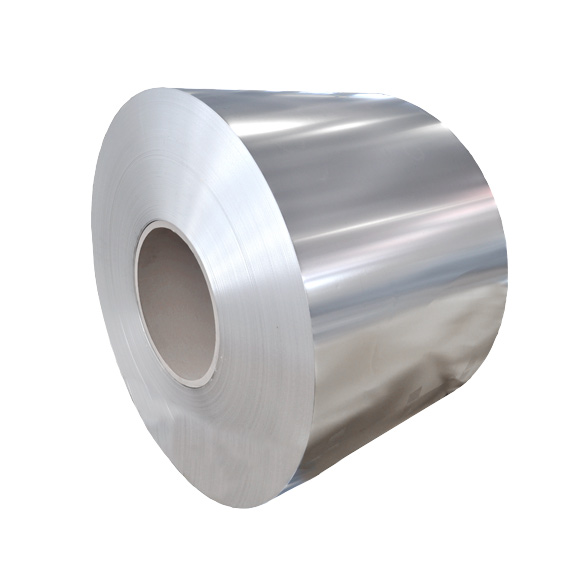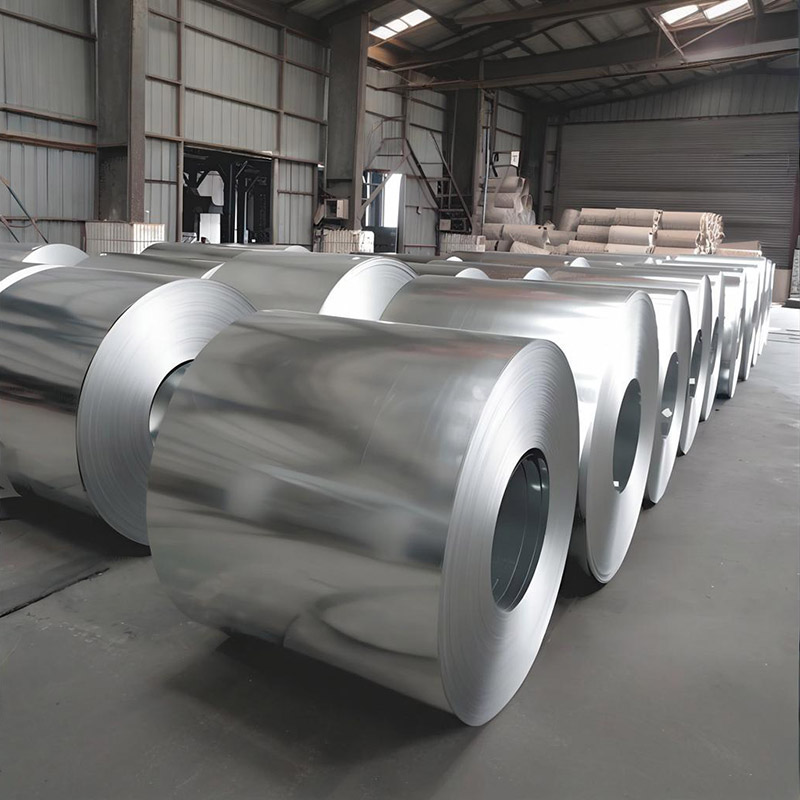Understanding Tin-Free Steel Coils (TFS): Properties, Applications, and Market Trends
What exactly is Tin-Free Steel (TFS), and why has it become such a critical material in modern manufacturing? TFS is a thin steel sheet coated with a layer of electrolytic chromium and chromium oxide, offering an alternative to traditional tinplate. Unlike conventional tinplate, TFS provides excellent corrosion resistance while maintaining superior formability and printability, making it highly versatile across numerous industries.
What makes TFS stand out from other materials? The key properties of TFS include its exceptional corrosion resistance, excellent paint adhesion, and outstanding surface quality. These characteristics make it particularly valuable for applications where appearance and durability are paramount. Additionally, TFS offers significant cost advantages over traditional tinplate, as it uses less expensive materials while maintaining comparable performance.
Where can we find TFS in everyday applications? The primary applications of TFS include food and beverage packaging, particularly for crown caps, aerosol cans, and food containers. Its excellent paintability also makes it popular in the automotive industry for decorative trim and fuel tanks. The construction sector utilizes TFS for various components due to its weather resistance and aesthetic appeal. Furthermore, TFS is increasingly being adopted in the electronics industry for casings and components that require both protection and visual appeal.
What are the current market trends driving TFS adoption? The global TFS market is experiencing significant growth, projected to reach $3.5 billion by 2025, with a CAGR of approximately 4.2%. Several factors contribute to this expansion, including increasing demand for lightweight packaging solutions, growing awareness of sustainable materials, and technological advancements in coating processes. The shift toward recyclable packaging materials has further boosted TFS adoption, as it offers excellent recyclability without compromising performance.
From my experience working with TFS in various projects, I’ve found that its versatility often surprises engineers and designers who first encounter it. The material’s ability to be formed into complex shapes while maintaining its protective qualities makes it invaluable for innovative product designs. Many manufacturers report that switching to TFS has not only reduced material costs but also improved product durability and consumer appeal.
Looking ahead, the future of TFS appears bright, with research focusing on enhancing its sustainability through more environmentally friendly coating processes and increased recycled content. As industries continue to seek materials that balance performance, cost, and environmental impact, TFS is well-positioned to remain a critical component in manufacturing and packaging solutions worldwide.



